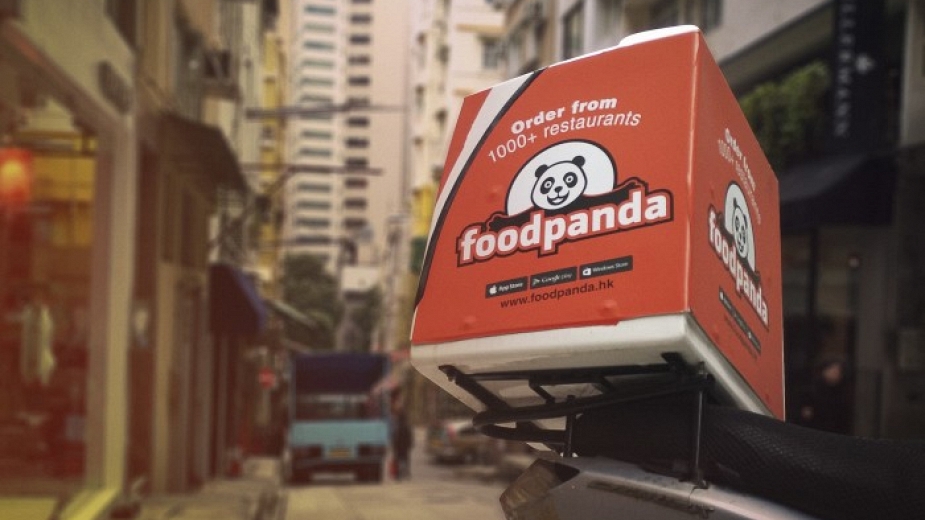How Startups are Taking a Bite out of the Food & Beverage Industry in Southeast Asia
After startups in fintech and deep tech, it’s time we talk about food.
As one of the most deep-rooted industries, for food startups, it can be one of the trickiest to navigate and innovate, especially with a plethora of factors to consider such as the taste of the customer and so on.
However, the industry is, of course, one of the most lucrative industries since everyone loves to eat.
In Southeast Asia, the food industry is looking at a trend of food delivery startups and it is one of the hottest sectors right now for both venture capitals and startups.
Currently, online food orders represent 15 percent of a massive US$70 billion market and the digital savvy consumers in Southeast Asia are quickly moving online to do everything, and this includes ordering food.
Nowadays we are expecting more diverse options beyond pizza for delivery. Food startups in Asia know this and you can see that there is an overwhelming focus on the food stand layer, which is establishing new consumer experience on how we eat.
Publics are especially searching for efficiency and drive for more healthy food. This sparked meal prep companies like Malaysia’s DahMakan, Singapore’s Eat Fit Meal Prep, and Jakarta’s Burgreens which provide customers healthy pre-made meals.
This is a solution for busy city folks as these startups provides a convenient way to eat healthier and improve their lifestyle amidst busy schedules. This skips out the research, preparation, and cooking which makes more consumers turn to meal-prep experts to tell them exactly what they need to eat.
It’s not just food startups, the crowded online food delivery market is also joined by logistic food delivery services like Foodpanda, Deliveroo, and UberEats – all of which are incorporating food into their marketing strategy.
Of the bunch, Go-Food, Go-Jek’s food delivery business has been successful in converting customers. The subsidiary claims to be the second busiest on-demand food delivery service in the world, outside of China.
Aside from delivery, startups like Instaburp from the Philippines are also resolving two problems at the same time, aside from connecting hungry foodies to their favorite food establishments, the startup is also helping small and medium food businesses to establish an online presence and reach a new market.
Meanwhile, other startups that are making their way in the industry are startups that want to satisfy instant gratification. Successful startups like Thai-based QueQ and Singapore Chope is catering to this demand, solving customer’s waiting time and streamlining the process in restaurants to enable them to serve more customers.
As the food industry continues to thrive and more startups enter the market – their innovation will change our experience in eating and the future of food.

